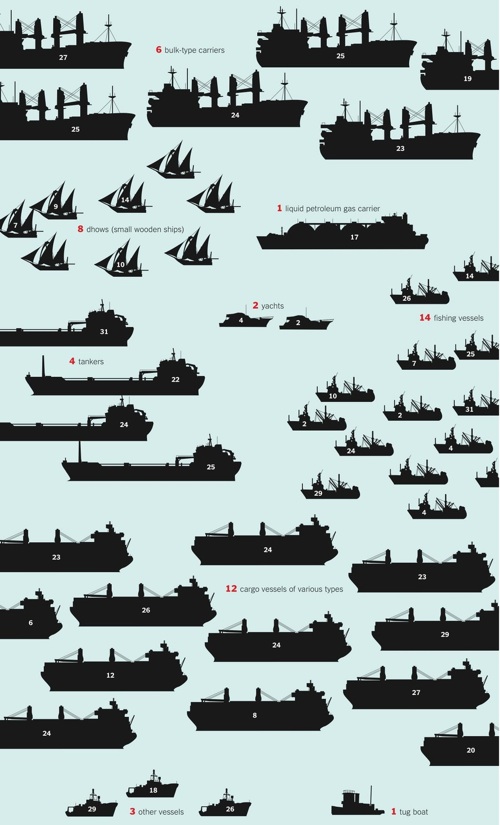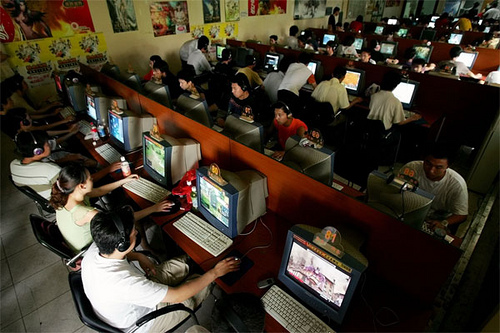“In a recent e-mail to employees, company founder and CEO Jason Calacanis and Mahalo President Jason Rapp said the start-up trimmed a tenth of its workforce due to a reduction in traffic caused by Google’s change to its search algorithm, according to the blog CenterNetworks.
The Google changes were meant to push down low-quality sites in search results, but some unexpected websites such as Mahalo lost their ranking as well, the report said. With less traffic visiting Mahalo, revenue took a hit, the e-mail said, according to CenterNetworks.”
What do you think?
How can online businesses protect themselves against rapid changes in the technology industry? Does this news make you think twice about investing in web-based companies?




